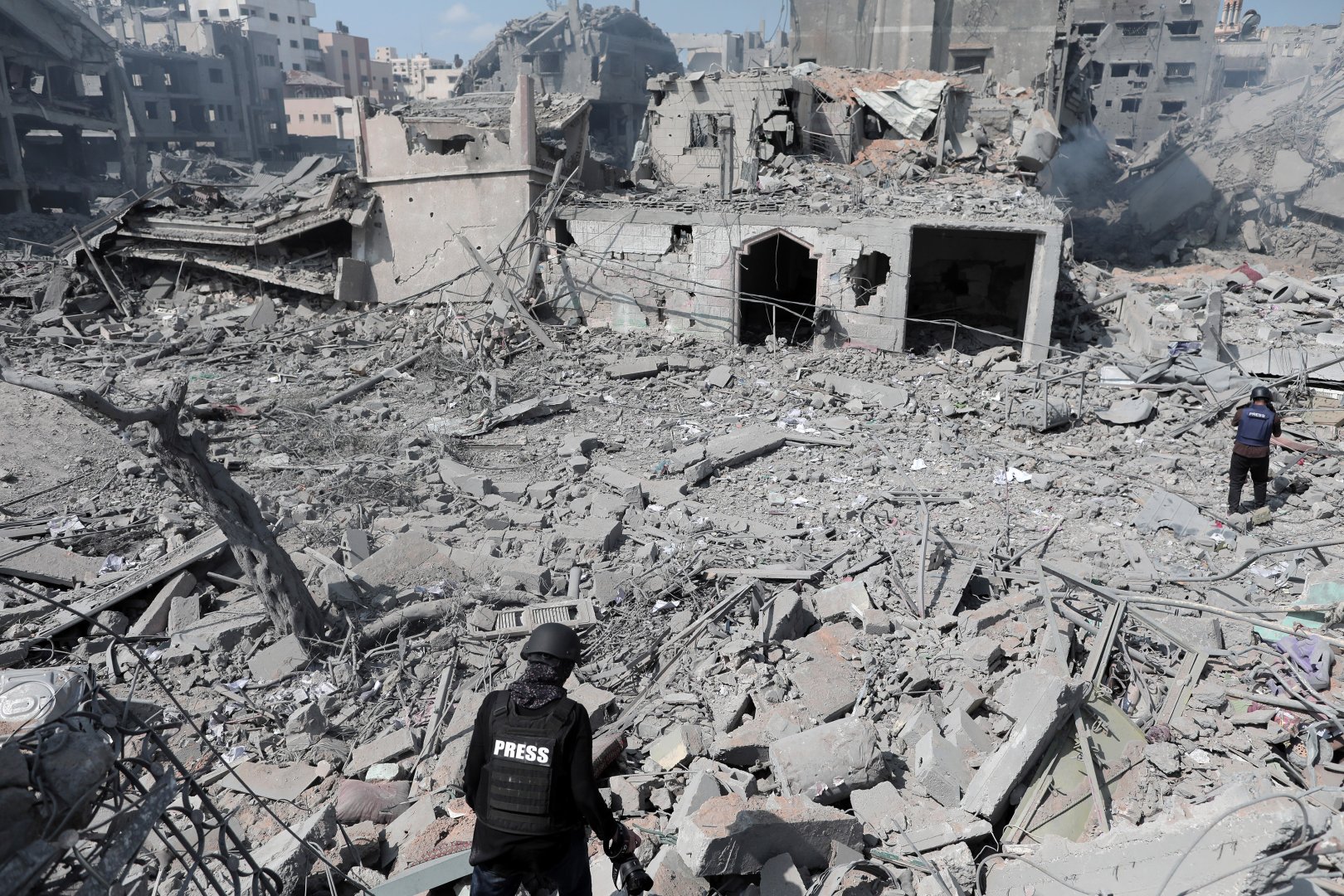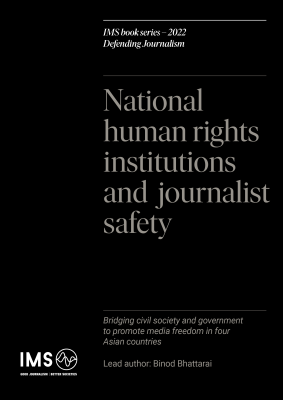The objective of the UNPA is to work towards a free and safe environment for journalists and media workers in both conflict and non-conflict situations with a view to strengthening peace, democracy and development worldwide. It is the most comprehensive document available to outline the many aspects of the safety of journalists. The plan outlines actions needed to improve the media safety environment and UN member states’ responsibility in this regard.
In a global context of rampant risks to journalists’ safety, be it armed conflict, digital threats, political persecution or gender-based violence, the UNPA is as relevant as it was upon its adoption in 2012. In the decade since the launch of the UNPA, there has been an increase in the frequency and types of attacks faced by journalists and media workers. Meanwhile, the rate of impunity remains shockingly high, with the perpetrators of attacks going unpunished in nearly nine out of 10 cases.
Fortunately, conditions for progress are improving. Whereas in 2012, the community of stakeholders working to improve the safety of journalists was small and fragmented, over the last decade, it has grown substantially in both size and cohesion. Perhaps most importantly, the UNPA recognises that the work to secure the safety of journalists and end impunity for crimes against journalists cannot exist in isolation. Indeed, collaboration is crucial to build on existing strengths, create synergies, avoid duplications and provide context-sensitive solutions.
IMS has been involved at all levels of the UNPA, and the plan will continue to permeate our work, as evidenced by our commitment to developing national safety mechanisms that incorporate bringing tech stakeholders to the table, combatting disinformation and promoting gender equality.




